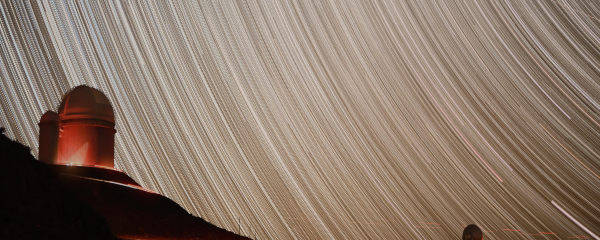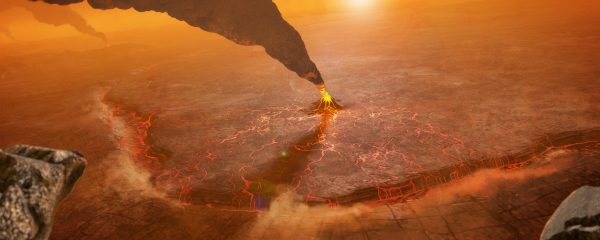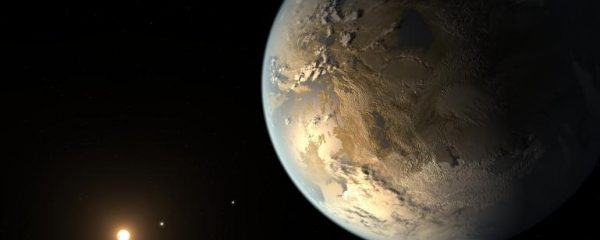Observing exoplanetary atmospheres at high spectral resolution
The observational study of exoplanet atmospheres is a quickly-expanding field that has become the new frontier in exoplanet science. While the space-based Hubble Space Telescope and Spitzer have led the field over the past 10 years, new ground-based opportunities have now emerged. In particular, high-resolution spectroscopy holds promise to detect and resolve planetary spectral lines, which opens the way to studies of atmospheric composition, pressure-temperature profile, presence of clouds/hazes, atmospheric winds and circulation, etc. Within this sub-project we will carry out the following activities:
- Use data from the state-of-the-art spectrographs HARPS, HARPS-N, ESPRESSO, CRIRES, SPiROU, etc. to start a systematic multi-wavelength approach to exoplanet atmospheres at high spectral resolution. Detection of atomic and molecular species such as Na, K, H2O, CO, CO2, CH4 is feasible with this technique thanks to an optimized line contrast and co-addition of hundreds of individual molecular lines.
- Participate in the development of new near-IR instrumentation optimized for the study of exoplanet atmospheres, both on the science and software sides, including the future E-ELT instruments.
- Develop data reduction tools to push visible and near-IR instrumentation to its limits: correction of telluric contamination, calibration of detector effects, etc.
- Create a database of reduced data products and laboratory data enabling in-depth analysis and cross-comparisons between different techniques and exoplanets, using the DACE platform.




